Graham Reid | | 1 min read
Superbrew: In Out and Around
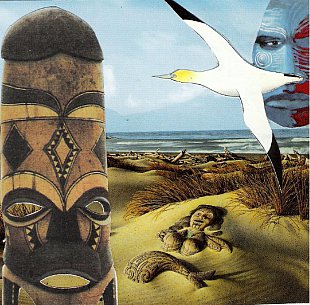
Any honest longtime observer of local jazz would say that right now it’s moribund, the patient has no discernible pulse. Sure some musicians would argue otherwise. But they would say that, wouldn’t they?
Graybeards like me -- people engaged by local jazz and improv.music for over three decades, and aware of the decades previous -- despair when most nz.jazz CDs arrive: standards, polite bebop retreads, and the whole Braille Records scheme of the Eighties now being replayed with Wellington’s iiii label which, on the evidence of their largely artless albums recorded live at Happy, have fish-hooked into Creative NZ grants and are reeling them in mercilessly.
More than once I’ve bemoaned that some of the most vital local jazz are -- regrettably -- reissues, especially of albums from that other, less-sponsored, Eighties when Mike Nock and Frank Gibson carved their innovative Open Door, Brian Smith released his self-titled album (not yet on CD), composer/pianist Phil Broadhurst and friends were active, as was expat Allan Broadbent on return visits . . .
And now I’m playing that card again.
The reissue of Superbrew’s Africa
Aroha -- I have the vinyl from about ’87 -- confirms that things were, if
not better, then certainly more innovative and musically interesting,
in ye olden days.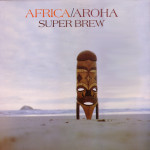
Superbrew were a short-lived ensemble of exceptional and seasoned players helmed by multi-instrumentalist Jim Langabeer (if you could blow down it, he could) and drummer Barry Young.
Within their ranks were electric bassist Kenny Pearson (killed in a car accident not too many years later), fluid guitarist Graeme Webb, a horn section of David Colven, Stu Martin and Rick Robertson (the latter the founder of hip-hop conscious DIG, Directions in Groove, in Sydney), and percussion player Brian Waddell.
Africa Aroha captured them on the cusp of Coltrane and Soweto township jive (around the same time as Paul Simon’s Graceland) but with Pearson pulling in some Stanley Clarke funk-snap.
This was jazz which also possessed that conspicuously absent ingredient in contemporary forms: fun.
Africa Aroha includes their take on Nock’s sprightly In Out and Around; Dollar Brand’s Soweto-groove Namibia; Coltrane’s Afro Blue; and Young’s Agbekor, a Afrobeat/Manu Dibango-soul makossa exploration reaching towards Ornette Coleman.
And in the final track, Langabeer’s restful Aroha, they invented a kind of Ellington’n’Pacific soul.
For innovation, experimentation and heartfelt spiritual jazz, Africa Aroha has rarely been matched in Aotearoa in more than two decades.

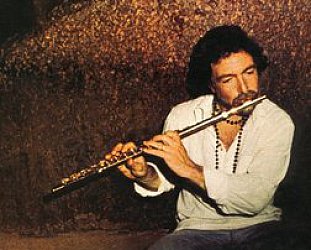
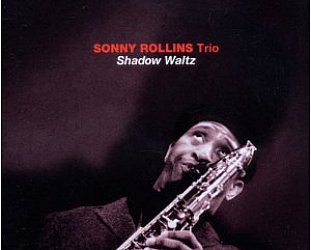
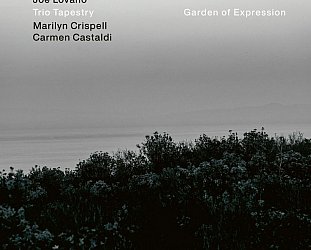
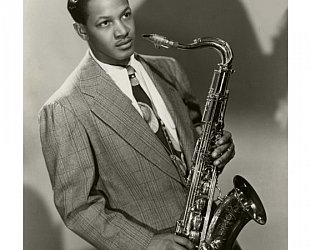


post a comment